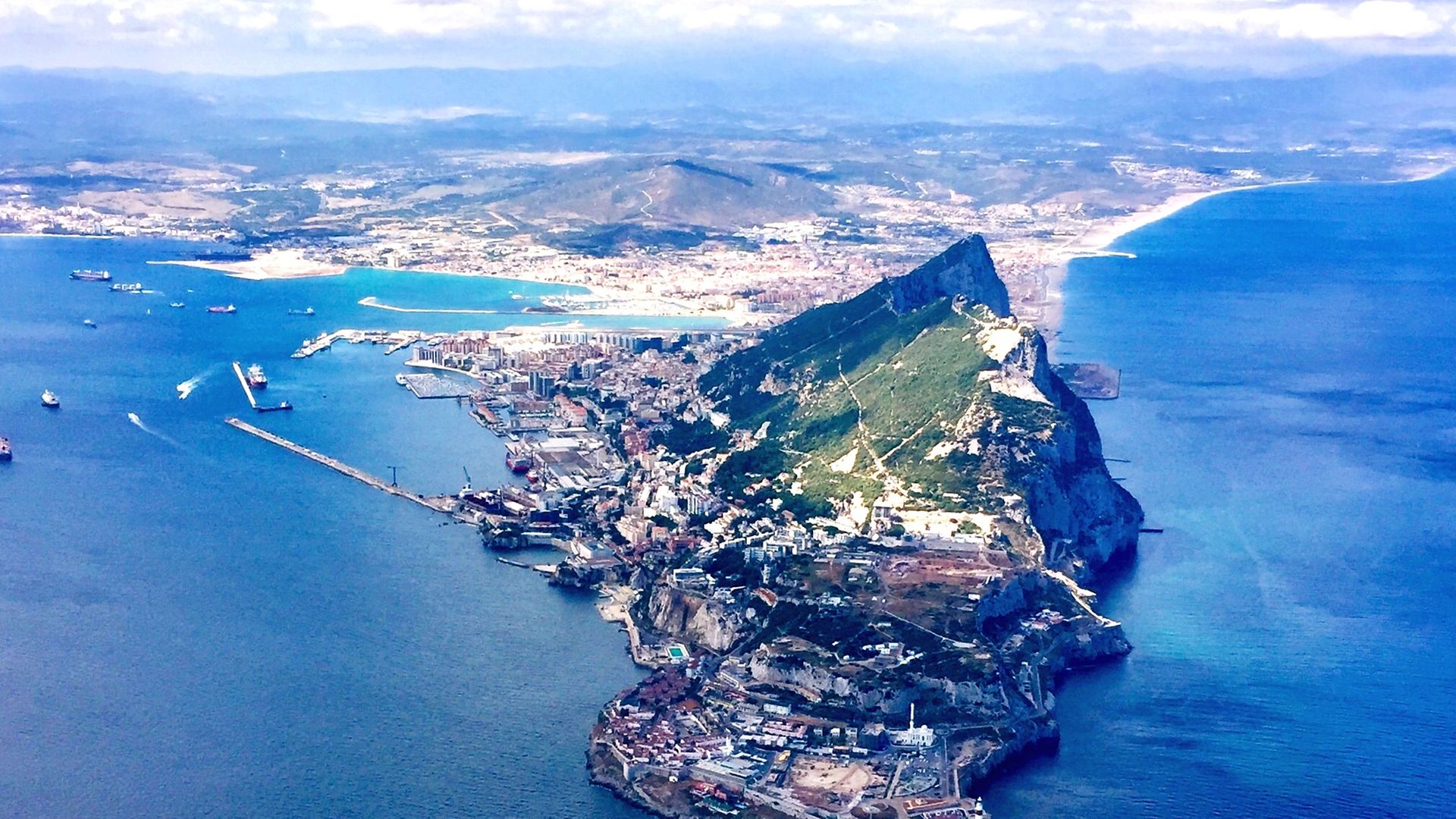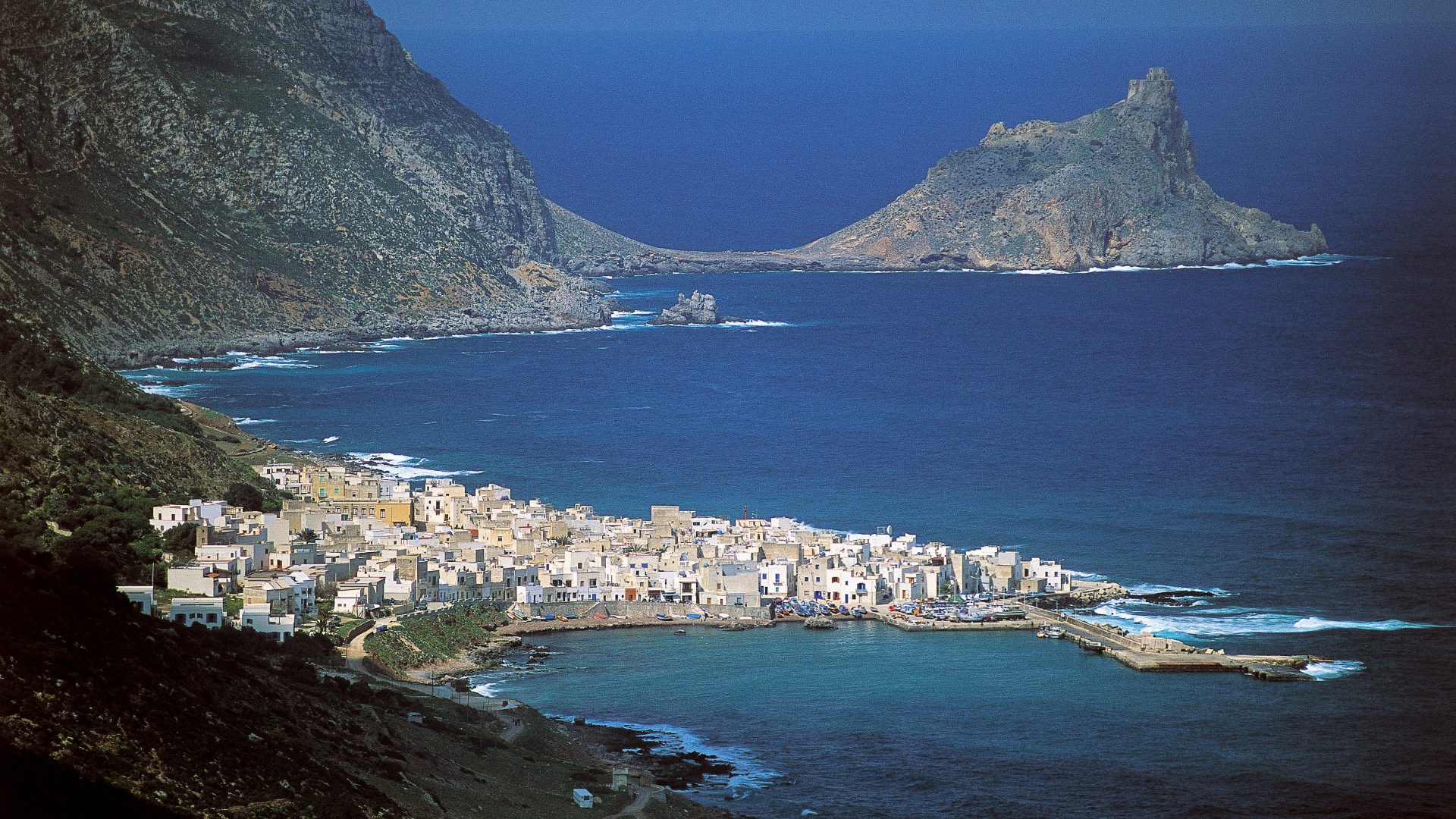Six and a half years after the UK voted to leave the European Union, the British overseas territory of Gibraltar – which voted 96% Remain – is in a state of nervous limbo.
Twelve rounds of negotiations between UK and EU officials over the Rock’s future have come and gone, along with hundreds of other, unofficial meetings. Yet, although Northern Ireland has recently had the Windsor Framework, Gibraltar’s 35,000 inhabitants still have no idea what their future relationship with the EU will be.
That also means they have no idea what their relationship will be with Spain, an EU-member state, which lies just across a narrow strip of land here, currently in use as Gibraltar’s airport.
“The uncertainty is terrible,” Israel Joya, a partner at a loan agency in Gibraltar’s Irish Town, told The New European. “I just want it to be over so that we can at least know what to do. Even if it’s a hard Brexit, I just want to know.”
A hard Brexit in this context would mean the end of current unofficial and interim arrangements for trade and movement between Gibraltar and Spain – arrangements brought in under a last-minute, temporary “pre-deal” back in 2020.
If there is no agreement on what will replace those arrangements, some 15,000 Spanish citizens, who commute into Gibraltar each day from the neighbouring region of Campo de Gibraltar, could lose any right to enter.
It could also mean difficulties crossing the other way for many of Gibraltar’s residents, who have family, friends and businesses across the border in Spain.
“Since Brexit, crossing has become really inconsistent,” says Joya. “Sometimes you go through easily, other times the Spanish say, ‘ok, you are a third-country national entering the EU, so do you have enough money to support yourself? What’s the purpose of your visit? Where are you staying and with whom?’ It can take 10 minutes to cross or four hours – and try queuing for four hours in summer, when it’s 40C outside.”
Some British expat residents in southern Spain have also already sold up and moved to Gibraltar since Brexit, having lost their EU citizenship. After Brexit, they were only able to stay in Spain – and therefore inside the Schengen area – for 90 in every 180 days.
This has driven a property development boom in Gibraltar, with blocks of flats being squeezed into any available space on the crowded Rock, which covers just 2.5 square miles.
“Apartment prices have gone crazy,” says Vijay Chandiri, who runs a corner supermarket near Gibraltar’s city hall. “You can pay hundreds of thousands just for a studio.”
A real estate agent window on Engineer Lane is offering a 37-square metre studio in a new development for £435,000. The monthly rent for a 78-square metre two-bedroom is £3,000. Across the border in Spain, prices are a fraction of these.
If Gibraltar gets no deal, this could mean barriers going up on products crossing the border – Gibraltar imports almost all of its goods.
“Look around you,” says Edward MacQuisten, Chief Executive at the Gibraltar Chamber of Commerce, as we sit over coffee in the city’s Casement Square. “These cups and saucers, the tables and chairs – even the decorative plants – they’re all imported.”
A star of Gibraltar’s retail sector is its giant Morrison’s supermarket, which attracts shoppers from around the region, as well as the Rock. Yet it recently became a disturbing example of what post-Brexit trade barriers can mean.
With the UK – and Gibraltar – outside the EU, road shipments of food and drink from the UK destined for the supermarket’s shelves in Gibraltar had to go to the nearest Spanish facility for sanitary and phytosanitary (SPS) checks. That facility was at Algeciras, 20km away.
“Once they’d done the checks, the goods had to go immediately to Gibraltar without passing back through Spain,” says MacQuisten. “That meant Morrison’s had to ferry their food and drink – from fresh milk to canned pineapples – across the bay from Algeciras, all at their own expense.”
While the UK supermarket chain now imports directly by sea from the UK and neighbouring Morocco, providing a partial solution, “you never know when you might see empty shelves,” says Joya.
The Spanish government, too, recognises the danger of disruption. On March 6, in written replies to questions from Spanish parliamentarians, the Madrid government acknowledged that “the consequences of ‘no deal’ on the future relationship would be negative for both the Campo de Gibraltar and for Gibraltar.”
Indeed, “Gibraltar is at an uncomfortable crossroad without an agreement,” Gemma Araujo, a Spanish parliamentarian for the ruling PSOE socialist party in nearby Cadiz, told the Gibraltar Chronicle newspaper on March 4. “The UK has spent enough time to now finalise the conditions it has negotiated with Spain.”
Indeed, time may now be running out. In May, Spain holds local elections, followed by national elections in December and polls predict the right-wing Parti Popular (PP) will be the largest party in the new Spanish parliament. The PP takes a tougher line on Gibraltar than the current PSOE-led coalition administration of Prime Minister Pedro Sanchez.
Worse still, many fear the PP may end up working with the far-right Vox party in order to gain a parliamentary majority. Back in July 2021, Macarena Olona, general secretary of the Vox party, described Gibraltar as a “pirate cave”, with its leader, Chief Minister Fabian Picardo, “the biggest pirate at the helm”. She then called for Spain to institute a total blockade.
While Spain’s official position – on the left and right – has always been that Gibraltar belongs to Spain, right-wing governments have generally tended to pursue this line far more aggressively than left-wing ones. Spanish PSOE officials have privately warned their UK counterparts that they “will never get a better deal than now”, according to one well-placed Gibraltarian official.
London and Madrid have said that all negotiations are between the UK and EU – and thus not with Spain itself, indicating that questions of sovereignty may not be up for discussion. Yet many Gibraltarians are clearly concerned that the sovereignty issue is lurking in the background.
“I fear that Spain may try to claim rights over Gibraltar in getting a settlement,” Chandiri says. “But we don’t want that – we want Gibraltar to be controlled by the Gibraltarians and the British government.” Local support for Gibraltar continuing as a UK overseas territory has traditionally been strong. In a referendum held in 2002 over shared sovereignty with Spain, 98.97% of Gibraltarians voted against.
One particular concern is the wording of the 310-year old Treaty of Utrecht, which originally ceded Gibraltar to the UK “in perpetuity”.
The treaty talks about the area of the Rock itself, yet is far more ambiguous about the status of the narrow isthmus of land between the Rock and the Spanish frontier where the airport runway now lies.
Control over who flies in and out of that airport has also been a bone of contention, leading to joint management of the facility under the 2006 Cordoba Agreement between the UK, Gibraltar and Spain.
With the UK and Gibraltar now outside the EU, that arrangement becomes additionally complex, with the possibility that Spanish officials may have to have a role not just in airport management, but also in customs and immigration.
Faced with declining support at the polls, there is also the fear – privately voiced by Gibraltarian officials – that Madrid’s socialist government may be looking for a concession on sovereignty from the UK to take to the May local elections.
“With all the voting coming up,” says MacQuisten, “they’ll have to make some sort of announcement on the state of all this soon.” For many Gibraltarians, that announcement is awaited with both impatience and dread.



